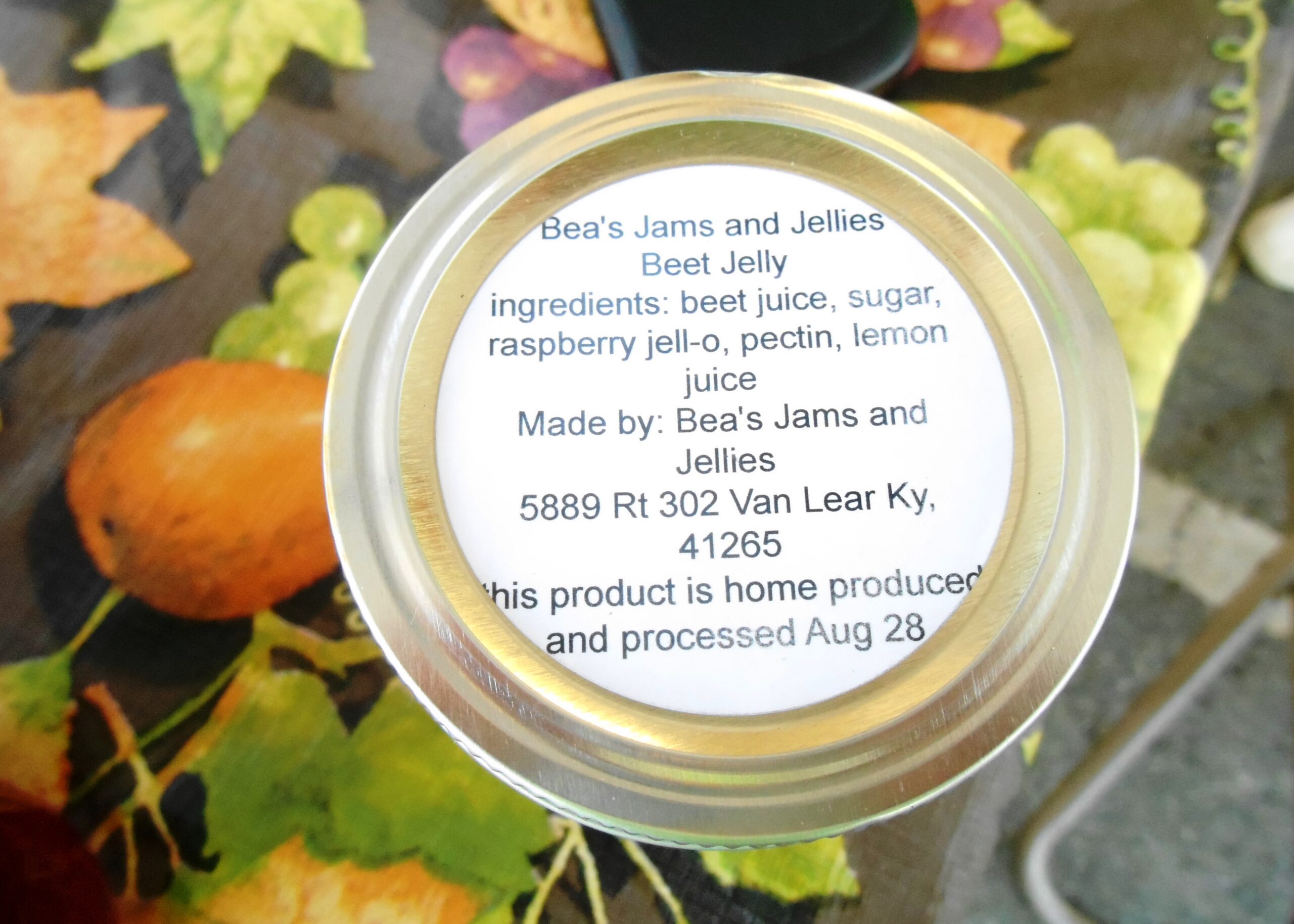Several Grow Appalachia sites have been looking into setting up certified kitchens in their counties. Floyd County has been lucky in that our UK Extension Service has a new building which includes a commercial kitchen. They are in the process of coming up with a procedure (which has been slightly annoying to say the least) but when everything is in place we will have access to a beautiful new space in which to process our value added products.
When I found out they were putting in a “commercial” kitchen, I wondered if there was a difference between that and the certified kitchens David Cooke talks about. After looking online and asking some questions…I still don’t know the difference. What I have found out however is that there is a difference in the certification of the person doing the processing and it is based on where they are selling their product.
In the current Kentucky Farmers’ Market Manual and Resource Guide here on page 57, there is a very good explanation of the Home-based and Micro-processing program:
On March 10, 2003, House Bill 391 was enacted allowing farmers who qualify to process, in their home kitchen, some value-added food products containing home-grown horticulture ingredients. Products produced under this program may be marketed at the following locations: farmers’ markets listed in the Kentucky Department of Agriculture, Certified Roadside Stands listed with the Kentucky Farm Bureau, or from the processor’s farm. It is important to note that foods produced under this program may not be marketed or sold outside there three restricted locations. Farmers or individuals who wis to process foods to sell or market at other locations, such as restaurants and grocery stores, will need to obtains a “commercial” permit from the Kentucky Food Safety Branch to operate.
The Guide goes on to list what foods need what specific processing option (home-based processor, home-based micro-processor or commercial manufacturer) and the list of items that can be processed at home and sold is pretty extensive. In order to qualify, each product must contain a primary or predominant ingredient that has been grown, harvested and processed by the farmer. The hook for the individual is where are they planning on selling the product? If it is someplace other than the three locations listed above, they will need a commercial permit.
At the Floyd County Farmers’ Market, we have all three types of processing (actually we have a vendor who is a USDA approved meat processor but we are sticking to garden products in this post). Benette sells fruit jams and jellies, some baked goods and candy. Chris, a Grow Appalachia participant, sells tomato/basil sourdough and zucchini breads and popcorn. And Polly sells pimento cheese spread from a popular family recipe. Benette has her home-based permit, Chris has the next level-home-based micro-processer but since her home kitchen is not “certified” she only sells at home-based level and Polly has a commercial license since she has a cheese product. She is currently making her pimento cheese in a local restaurant kitchen until our Extension office finalizes their procedure.
So as you can see, while a certified/commercial kitchen is important for selling value added products, what is essential in the beginning is deciding where the product is going to be sold. If you plan on selling the product anywhere besides the three specific locations listed above, a commercial permit will be required. Home-based processors only need to register with the state while Home-based micro-processors must pass a certification process that currently costs $50 for the certification along with other fees for recipe approval and local costs. Commercial permits also have a local health department piece along with the State requirements.
What is helpful for Grow Appalachia project managers is helping the participant decide what they want to do and assisting them with scholarships to cover fees. The Cowen Creek Grow Appalachia program did that this year and the Cowen Creek Canners sold their product at the Letcher County Farmers’ Market. Generating income is an important piece to the Grow Appalachia program and knowing the process ahead of time will save you time and money.
This post is specific to Kentucky. To find out the requirements in other states check with your state department of agriculture and your local health department. Feel free to comment, correct or add to this post and thanks for reading this far.



Leave A Comment